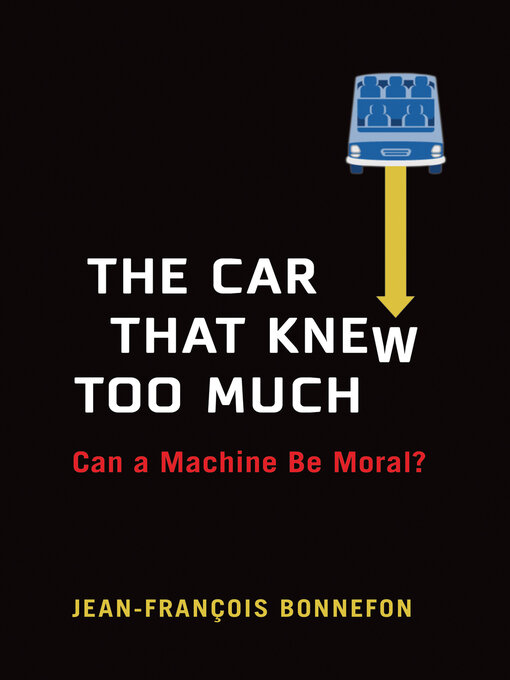- Mental Health Matters
- Available Now
- Addiction & Recovery
- A*D*R*E*N*A*L*I*N*E!!
- Agriculture & Nutrition: Food for Our Table
- All About Money - Yours, Theirs, Ours
- All About Ukraine
- Alzheimer's, Dementia & the Brain as You Age
- Art of the Culinary Variety
- Babies & Beginnings
- Baked for the Holidays
- Be a Citizen Scientist!
- Better with a Sweater: Crafts, Cookbooks & Cozy Reads
- See all ebooks collections
- Preparing for Emergencies
- Available Now
- Addiction & Recovery
- A*D*R*E*N*A*L*I*N*E!!
- Agriculture & Nutrition: Food for Our Table
- All About Money - Yours, Theirs, Ours
- Alzheimer's, Dementia & the Brain as You Age
- Art of the Culinary Variety
- Babies & Beginnings
- Better with a Sweater: Crafts, Cookbooks & Cozy Reads
- Body Positivity for EveryBODY
- The Case of the Checked-Out Mystery
- Dark Academia
- See all audiobooks collections

